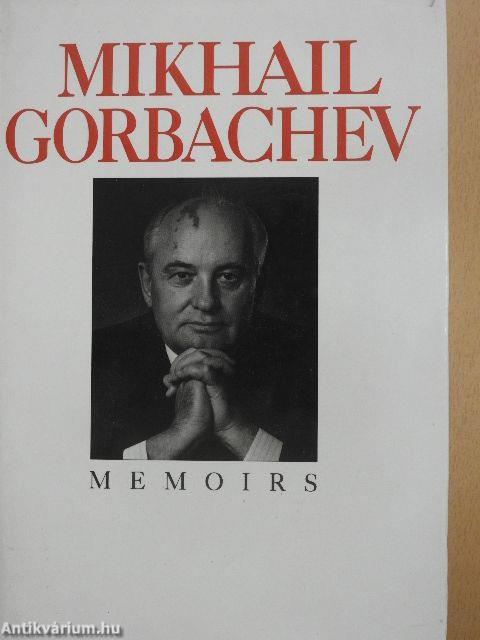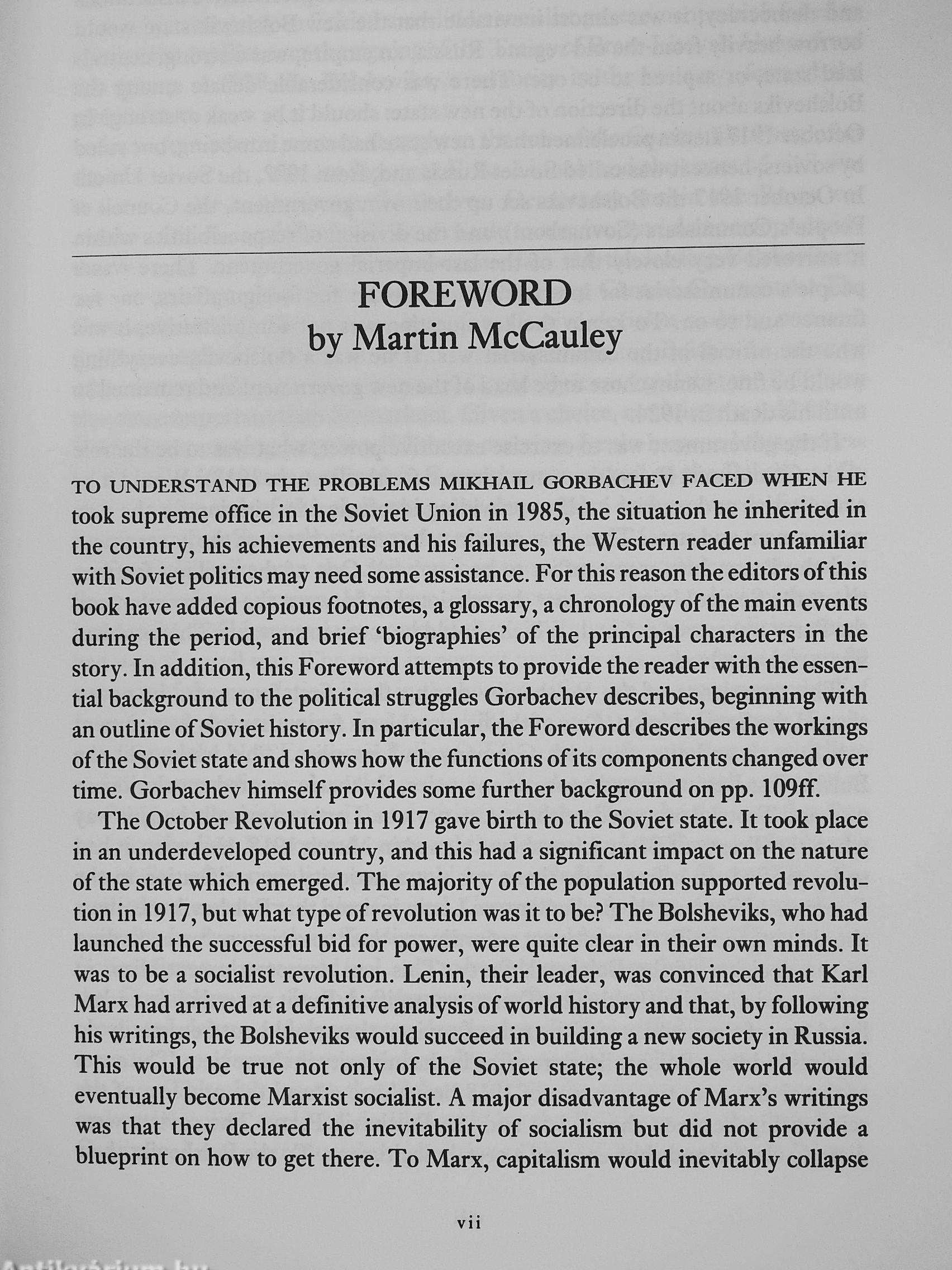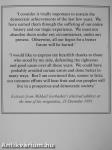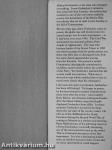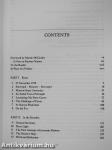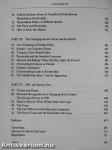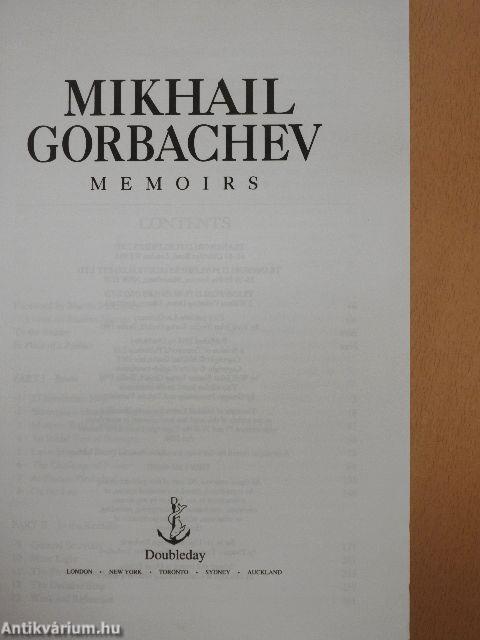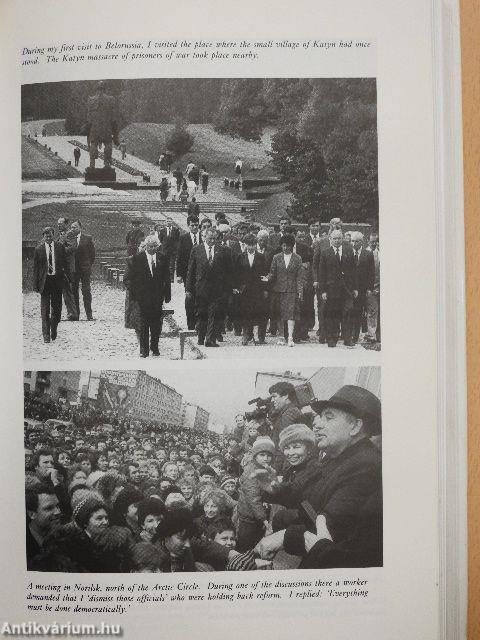1.067.297
kiadvánnyal nyújtjuk Magyarország legnagyobb antikvár könyv-kínálatát

VISSZA
A TETEJÉRE
JAVASLATOKÉszre-
vételek
Memoirs
| Kiadó: | Doubleday |
|---|---|
| Kiadás helye: | London |
| Kiadás éve: | |
| Kötés típusa: | Fűzött keménykötés |
| Oldalszám: | 769 oldal |
| Sorozatcím: | |
| Kötetszám: | |
| Nyelv: | Angol |
| Méret: | 24 cm x 16 cm |
| ISBN: | 0-385-40668-1 |
| Megjegyzés: | Fekete-fehér fotókkal. |
naponta értesítjük a beérkező friss
kiadványokról
naponta értesítjük a beérkező friss
kiadványokról
Előszó
TovábbFülszöveg
'I consider it vitally important to sustain the democratic achievements of the last few years. We have earned them through the suffering of our entire
history and our tragic experience. We must not abandon them under any circumstances, under any pretext. Otherwise, all our hopes for a better future will be buried.'
'I would like to express my heartfelt thanks to those
who stood by my side, defending the righteous and good cause over all these years. We could have probably avoided certain errors and done better in many ways. But I am convinced that, sooner or later, our common efforts will bear fruit and our peoples will live in a prosperous and democratic society'
Extracts from Mikhail Gorbachev's televised address at the time of his resignation, 25 December 1991
Mikhail Gorbachev is the man who changed everything. It was Gorbachev's initiative that raised the Iron Curtain; his actions that resulted in one of the era's most symbolic events, the demolition of the Bedin Wall;... Tovább
Fülszöveg
'I consider it vitally important to sustain the democratic achievements of the last few years. We have earned them through the suffering of our entire
history and our tragic experience. We must not abandon them under any circumstances, under any pretext. Otherwise, all our hopes for a better future will be buried.'
'I would like to express my heartfelt thanks to those
who stood by my side, defending the righteous and good cause over all these years. We could have probably avoided certain errors and done better in many ways. But I am convinced that, sooner or later, our common efforts will bear fruit and our peoples will live in a prosperous and democratic society'
Extracts from Mikhail Gorbachev's televised address at the time of his resignation, 25 December 1991
Mikhail Gorbachev is the man who changed everything. It was Gorbachev's initiative that raised the Iron Curtain; his actions that resulted in one of the era's most symbolic events, the demolition of the Bedin Wall; his reforms that set in train events leading to the fall of Communism.
Eleven years ago, when Gorbachev came to power, the globe was still divided into two armed camps, one for each superpower - as it had been ever since 1945. The Cold War dominated international politics, from Angola to Afghanistan. The man who became leader of the Soviet Union in 1985 was much younger than his predecessors, yet there was little else to distinguish him from the stony-faced apparatchiks waving from the Kremlin. He seemed a model Communist, ideologically committed to socialism, raised wholly within the confines of the Party. Yet Gorbachev realized that the system could not continue. What was it about this man which enabled him to see so much more clearly than his colleagues.?
Like most who start a revolution, Gorbachev has been left behind. No longer in power, he has been forced to endure criticism from those wise after the event - most notably Boris Yeltsin, who became undisputed leader after the failed military coup that finally displaced Gorbachev from office. In these memoirs Gorbachev reveals his feelings about the sad state of his country today. He tells us of his childhood in the North Caucasus during the Second Wodd War, of coming to Moscow as a student and meeting Raisa Maksimovna, of his glittering career as a Party functionary, eventually becoming one of the most powerful men in the world. This is a historical document of the first importance. It is also a fascinating human story, an insider's account of the events that we never dared believe could happen. Vissza
Témakörök
- Idegennyelv > Idegennyelvű könyvek > Angol > Szépirodalom > Regény, novella, elbeszélés
- Szépirodalom > Regény, novella, elbeszélés > Az író származása szerint > Európa > Szovjetunió
- Szépirodalom > Regény, novella, elbeszélés > Tartalom szerint > Életrajzi regények > Történelmi személyiségek > Külföldiek > XX. század
- Szépirodalom > Regény, novella, elbeszélés > Tartalom szerint > Életrajzi regények > Történelmi személyiségek > Politikusok > Külföldi
- Szépirodalom > Regény, novella, elbeszélés > Tartalom szerint > Politikai regények
Megvásárolható példányok
Nincs megvásárolható példány
A könyv összes megrendelhető példánya elfogyott. Ha kívánja, előjegyezheti a könyvet, és amint a könyv egy újabb példánya elérhető lesz, értesítjük.



